
Manufacturers label the engine oils they produce using codes and numbers that puzzle many car owners. We will try to help you make sense of them.
What is the best engine oil?
The right engine oil for your vehicle depends on your car’s make and model, and manufacturer recommendations. Synthetic oils are often considered superior due to their enhanced performance and protection. They can help extend the life of your engine, improve fuel efficiency, and reduce wear and tear under harsh driving conditions. When it comes to choosing the right oil for your car, it is important to choose the best manufacturer, i.e. the best engine oil company.
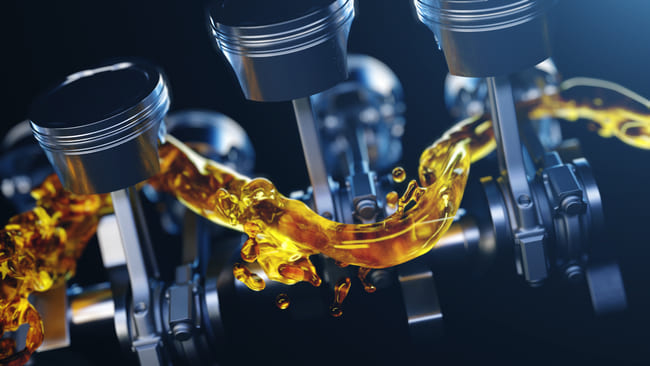
Best engine oil brands UK
The most popular brands of motor oil in the UK are Castrol, Mobil, and Liqui Moly. Recognised for their quality, innovation and commitment to excellence, they are some of the best choices in the industry. Whether you need oil for everyday driving, high-performance or heavy-duty applications, these manufacturers offer products to meet a wide range of needs.
Top Motor Oil Brands
Best motor oils of 2024

Why is it important to choose the best oil?
A critical part of keeping your car’s engine running smoothly and properly is regularly changing your motor oil and making sure the new oil you’re putting in is the best your car can get. The oil keeps the internal parts of the engine lubricated, preventing the moving parts from grinding against each other and causing damage, and keeps it cool too, ensuring it does not overheat.
If your oil is not changed frequently, dirt, grime, and sludge can accumulate inside the engine bay and around the moving parts and the old, dirty oil won’t allow the parts to smoothly slide against one another. If the oil is soiled and full of impurities it can cause some serious damage and you may even have to replace your engine in the future. Some oils also contain additives, such as detergents, to maintain the cleanliness of the high-temperature surfaces and antioxidants that prevent oxidation (which can lead to rusting) and keep the engine oil from thickening. Additives also capture dirt and other contaminants to prevent build-up on engine parts.
But it isn’t always easy to select the right motor oil. To make sure you aren’t left staring blankly back at someone when they ask you what kind of motor oil you want. This is why we’re taking a look at the top 10 motor oil brands and products so you can be sure you’re getting the very best to keep your engine running smoothly.
How to choose the right engine oil for your car
Consider your vehicle manufacturer’s specifications, the oil’s viscosity grade and whether you need synthetic, semi-synthetic or conventional oil to help you choose the right engine oil for your car.
Think about how you drive and the environment in which you drive. If you frequently drive in extreme temperatures, tow heavy loads or engage in stop-and-go driving, you may benefit from synthetic oil for its enhanced protection and stability under stress. Conversely, if your driving is more moderate, a conventional or semi-synthetic oil may be sufficient.
Types of Motor Oil
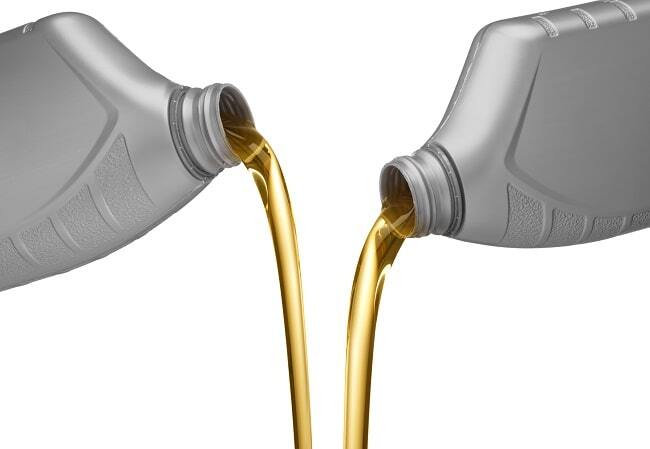
Before choosing an oil it is of course essential that you take your car into account; different cars require different types of motor oil. A brand new car may run perfectly well on mineral oil, but an older car with a high performance engine might benefit from synthetic oil. You want to get the best quality, but avoid forking out money for an oil that won’t enhance your car’s performance.
What does SAE labelling stand for?

Viscosity is one of the essential properties of a motor oil when determining if a specific product can be used in a specific season.
According to the Society of Automobile Engineers (SAE), all motor oils can be divided into the following categories:
- Winter. Labeled with a W for winter, these are suitable for cold seasons only. The number preceding the W is always divisible by five and serves to indicate the minimum temperature at which the oil can protect the engine during a cold start. The starting point is -35 °С, equaling grade 0. Each following grade counts up by 5 °С: a 5W product retains its properties at -30 °С, a 10W, at -25 °С, etc.
- Summer. These engine oils provide timely lubrication and protection of car parts in warm seasons, but are ineffective in the cold. Their labels also feature numbers: 20, 30, 40, 50 and 60. Contrary to popular belief, these numbers stand for the oil’s kinematic viscosity at 100 °С and not the maximum ambient temperature.
- All-season. These are labeled as suitable in the winter, with both minimum temperature and viscosity level at maximum heating temperature: 5W-30, 10W-60, etc. All-season engine oils are currently the most common.
All-season synthetic oils help save money, since you don’t need to change them twice a year. If you mostly drive on urban roads, with frequent stops, and you keep your car in an unheated room, and especially if you live in an area with harsh winters, look for an engine oil labeled as 0W или 5W. However, for a car with a worn engine with enlarged gaps between friction pairs, a higher viscosity product would be preferable.
Making sense of API classification
The American Petroleum Institute developed their own classification meant to sort engine oils based on their formula and operation properties. It also allows to indirectly evaluate the quality of lubricants since lately, the standards have become much more stringent as compared to earlier years of the industry.

According to API, all motor oils fall into two categories, each containing several classes:
S. For petrol engines. In most countries, the following four classes are currently approved for use:
- SJ. Recommended for use in engines manufactured before 2001.
- SL. Suitable for power units produced before 2004. A lot of car manufacturers have adopted SL as the minimum standard required for car maintenance.
- SM. Intended for engines produced in 2010 and earlier. SM oils are highly efficient at low temperatures, resistant to oxidation and sediment formation. They retain their excellent properties throughout their service life.
- SN. Introduced in 2010. Currently, these are the oils that can ensure the highest level of engine protection, as well as its high efficiency. SN oils help save fuel. They prevent the turbocharger from wearing out prematurely, without aggressive effects on seals and gaskets.
C. Designation for engine oils for diesel-fueled commercial vehicles. The classes currently in use for vehicles of different model years are CH, CI, CJ, and CK. The number 4 following the class designation stands for 4-stroke engine vehicles. Let’s look at C-grade oils in detail:
- CH-4. Introduced in 1998. Suitable for engines that run on high-quality fuel ranging in sulfur content up to 0.5% weight.
- CI-4. Introduced in 2002. This type of motor oils ensures reliable protection of the engine and exhaust system from soot deposits and prevent premature wear-out of their elements. Some lubrication materials of this class are designated CI-4 PLUS.
- CJ-4. They boast elevated temperature stability, resistance to oxidation and longer service life.
- CK. Developed for protection of engines that were produced in 2017. However, such motor oils can be used optionally in earlier engine models.
There are universal lubricants available, suitable for use in both petrol and diesel engines. They have double designations, for instance, CН-4/SJ.
AutoDoc Tip: A lot of the manufacturers recommend to use the latest-class oil for engine lubrication. And in most cases, this advice is justified: the more recent the formula, the safer, as well as more economical and environmentally friendly it is. However, this recommendation is useless for older vehicles since their engines are built differently, and will not be able to get the maximum out of all the advantages of a pricier oil. You can find more information on which lubrication to use in your car in your service book.
АСЕА performance evaluation
Decreasing emission toxicity and reducing fuel consumption are one of the crucial requirements for modern lubricating materials. Hence lots of oils would indicate they meet the latest ecology standards on their package.

According to the Association des Constructeurs Européens d’Automobiles ( ACEA ) classification, all engine oils approved for sale and use can be divided into the following categories:
- А. For petrol engines. This category includes three classes: А1, А3 and А5. The letter precedes a number indicating eco-safety level and viscosity under specific conditions. The numbers 1 and 5 indicate fuel economy, but otherwise it’s just like API: the higher the number, the better properties a product has.
- В. This category includes lubricants for passenger and small commercial vehicles running on diesel fuel. They are also divided into classes: B1 and B5 mean fuel economy, while В3 and В4 are regular products.
- Е. Oils marked with this letter are intended for diesel-fueled heavy-duty lorries and special vehicles. E1 stands for fuel economy; the rest are standard.
Fuel economy was a parameter that API specialists also decided to take into account, introducing a new designation, EC (Energy Conserving).
These oils boast lower viscosity at extreme temperature rises, ensuring smooth and even travel of moving parts and cutting fuel consumption. However, this means a thinner lubricating film, which is especially risky for older engines with a big mileage – those engines need additional protection.
Does the manufacturer’s endorsement really matter?
A product may work great for some engines while posing a risk for others. This compels vehicle manufacturers to do their own lubricant performance tests. If a product passes a test successfully, it will get marked accordingly, for example, BMW Longlife-98. This means an oil can be used in vehicles of this brand with longer maintenance intervals, manufactured in 1998 and later.
AutoDoc tip: Always try to use the oil recommended by your car manufacturer, and do not experiment with viscosity levels. The risks lies in the fact that in some engines, the lubrication grooves are only thick enough for high-viscosity oils. If disregarded, the power unit will inevitably wear out prematurely. At the same time, some car manufacturers, e.g. BMW Group and Daimler AG, bly advise against using low-viscosity lubricants in their vehicles, due to the design of their engines.
What do different engine oil classifications have in common?
Despite their differing principles, all classifications are closely related. For instance, if a lubricant is API-marked as SH, it can’t be an А1 or А5 in ACEA, since those requirements were not published until SJ class came out. If a label features А5, it means the products is at least an SL in API, i.e., it has longer change intervals.
Fuel economy products labeled as А1, А5, В1 и В5 tend to have temperature viscosity of 30 and less. Oils with viscosity of 40 belong to А2, А3, В2, В3, and В4 classes and do not provide fuel economy.
Understanding labels
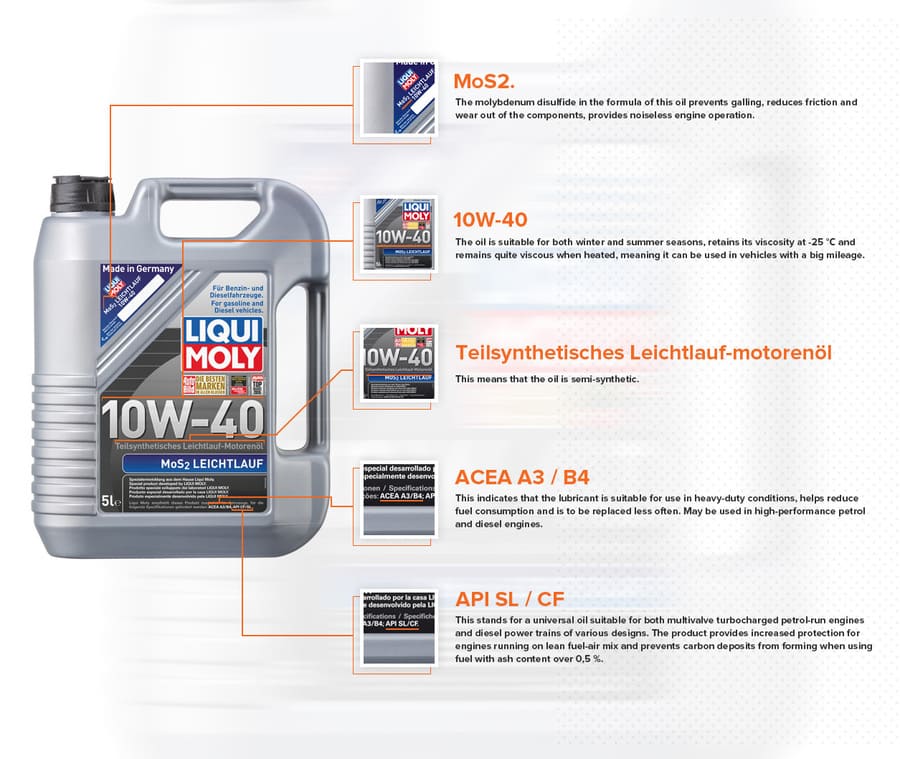
API SL / CF. This stands for a universal oil suitable for both multivalve turbocharged petrol-run engines and diesel power trains of various designs. The product provides increased protection for engines running on lean fuel-air mix and prevents carbon deposits from forming when using fuel with ash content over 0,5 %.
ACEA A3 / B4. This indicates that the lubricant is suitable for use in heavy-duty conditions, helps reduce fuel consumption and is to be replaced less often. May be used in high-performance petrol and diesel engines.
10W-40. The oil is suitable for both winter and summer seasons, retains its viscosity at -25 °С and remains quite viscous when heated, meaning it can be used in vehicles with a big mileage.
MoS2. The molybdenum disulfide in the formula of this oil prevents galling, reduces friction and wear out of the components, provides noiseless engine operation.
Teilsynthetisches Leichtlauf-motorenöl. This means that the oil is semi-synthetic.
Top products related to this topic:
- @user_5859627.06.2021 05:52Member
This oil is recommended is Petronas is this a good oil. 0.-20w.
- @user_deleted31.01.2022 10:29Member
Petronas this oil is one of the market leaders, a good choice!
- @L.12.03.2025 16:21Member
Very nice article, but I care how to avoid counterfeight? Castrol is also one of the leaders in couterfeight, though :(
- @user_192487720.03.2025 10:33Member
Thanks for sharing! This blog provided great insights. I appreciate the effort you put into this.
 @Graziana Venturi20.03.2025 11:19@user_1924877Moderator
@Graziana Venturi20.03.2025 11:19@user_1924877ModeratorYour words motivate us to keep moving forward!
- @user_192487726.03.2025 08:03Member
Loved this blog! Your content is engaging and well-structured. Keep up the great work!
 @Graziana Venturi26.03.2025 09:36@user_1924877Moderator
@Graziana Venturi26.03.2025 09:36@user_1924877ModeratorThanks for your positive comment! Stay connected with us!
- @user_192487702.05.2025 11:17Member
Very informative post! I really enjoyed reading this. Keep up the good work.
 @Jessica_L02.06.2025 11:54@user_1924877Moderator
@Jessica_L02.06.2025 11:54@user_1924877ModeratorThank you for your warm feedback. We are happy to be helpful.
- @user_192487702.06.2025 11:40Member
Loved this blog! Your content is engaging and well-structured. Keep up the great work!
 @Graziana Venturi09.06.2025 13:16@user_1924877Moderator
@Graziana Venturi09.06.2025 13:16@user_1924877ModeratorThanks for your positive comment! Stay connected with us!
- @user_192487705.06.2025 13:18Member
Very informative post! I really enjoyed reading this. Keep up the good work.
 @Graziana Venturi09.06.2025 13:16@user_1924877Moderator
@Graziana Venturi09.06.2025 13:16@user_1924877ModeratorThanks for your feedback!

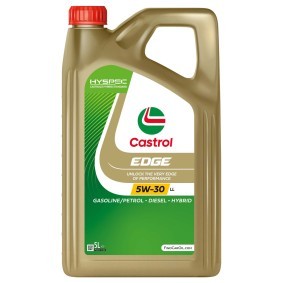
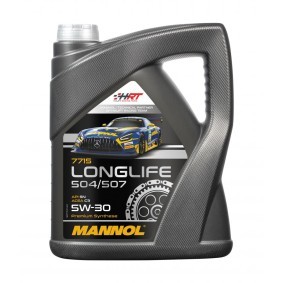
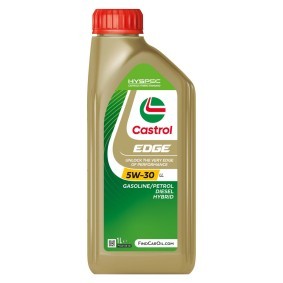
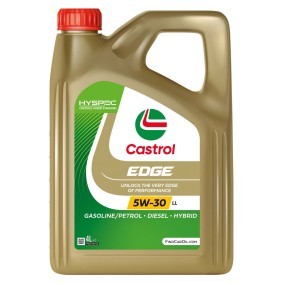

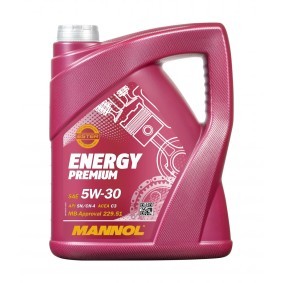
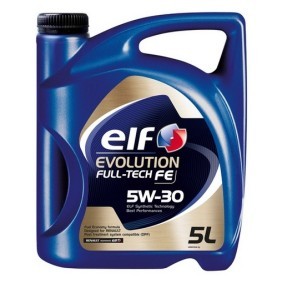
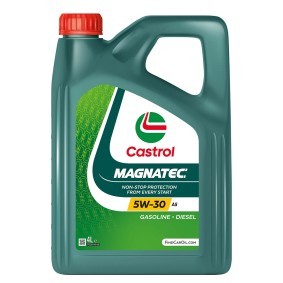



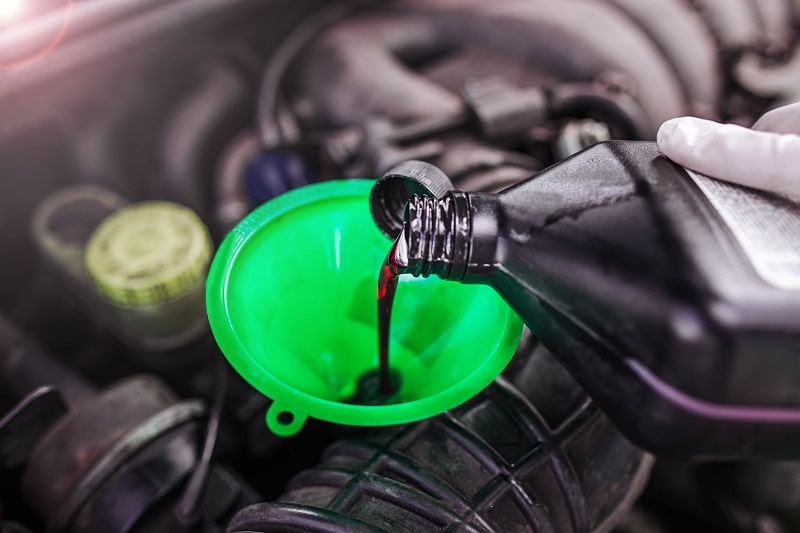
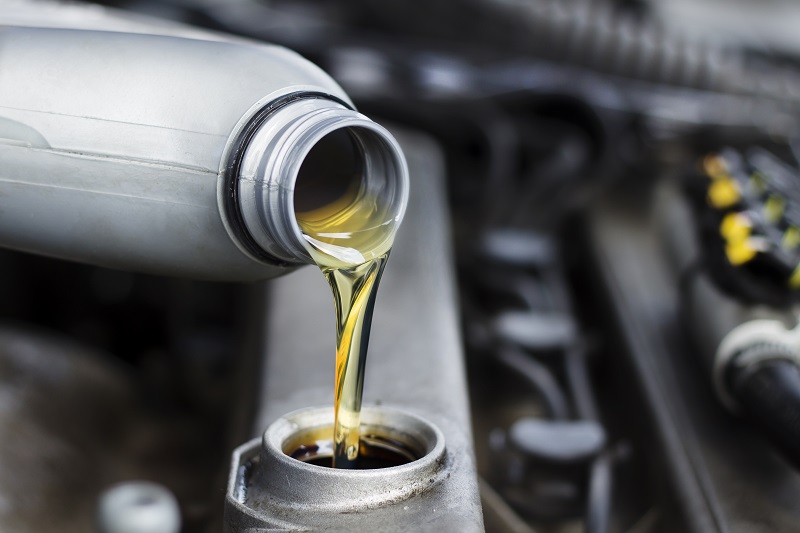
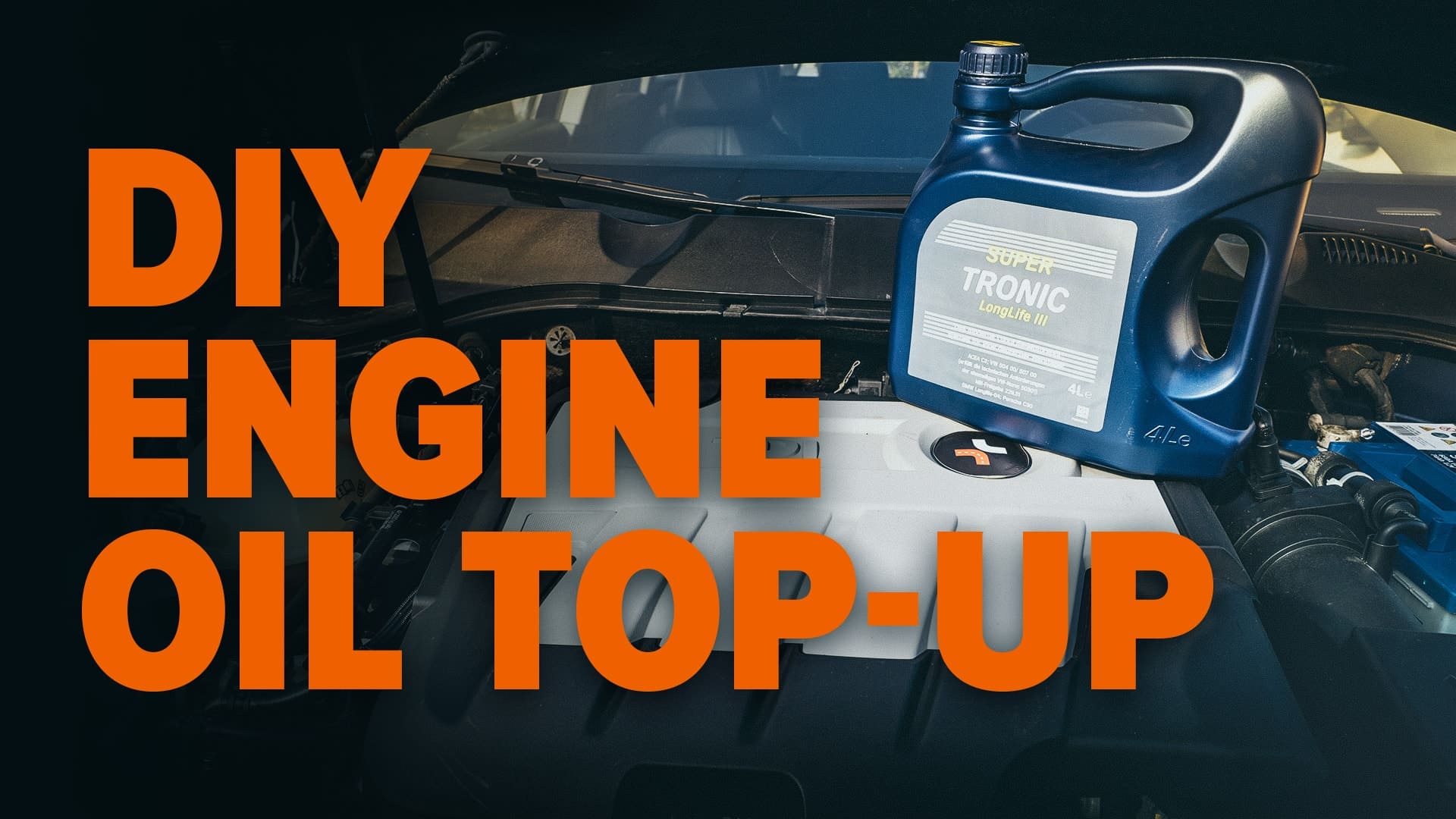
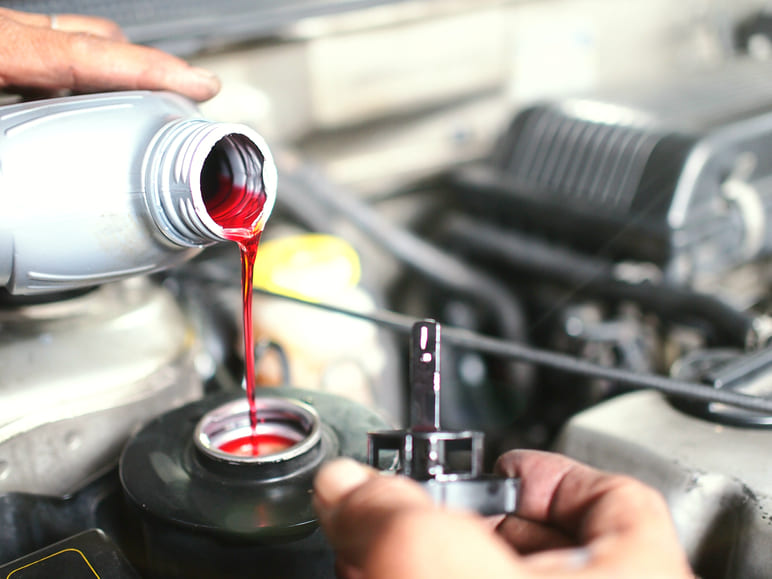
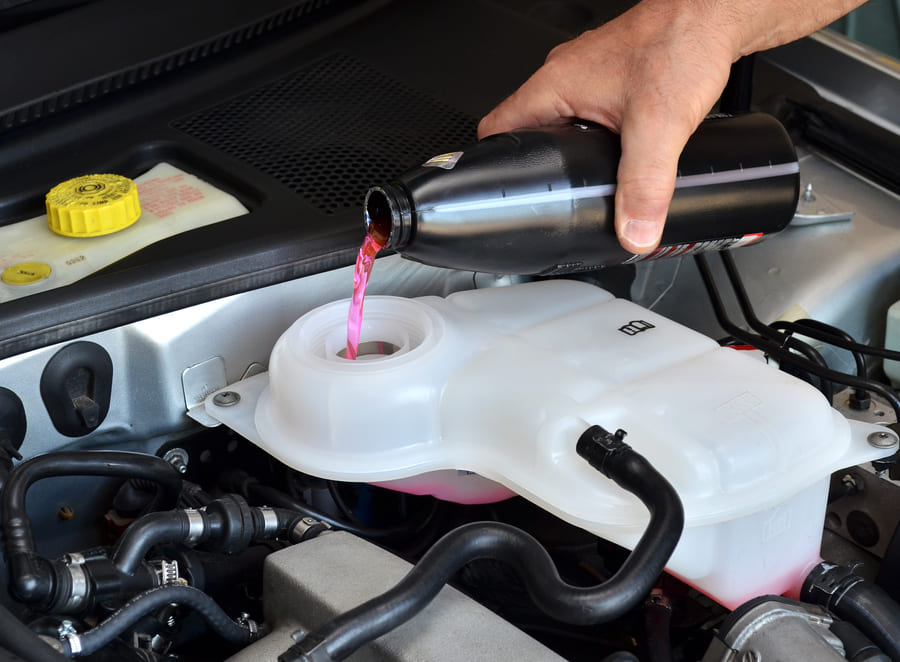

Comments – 13